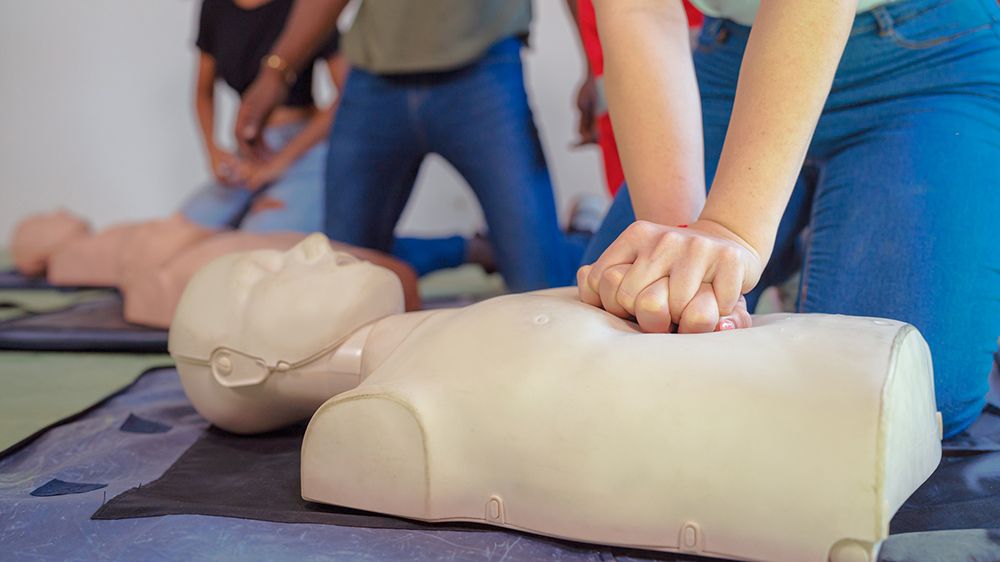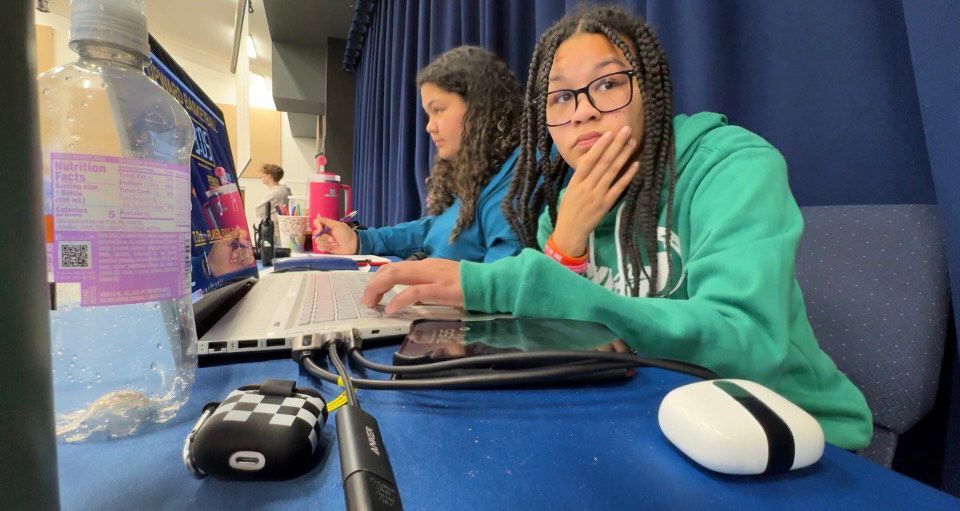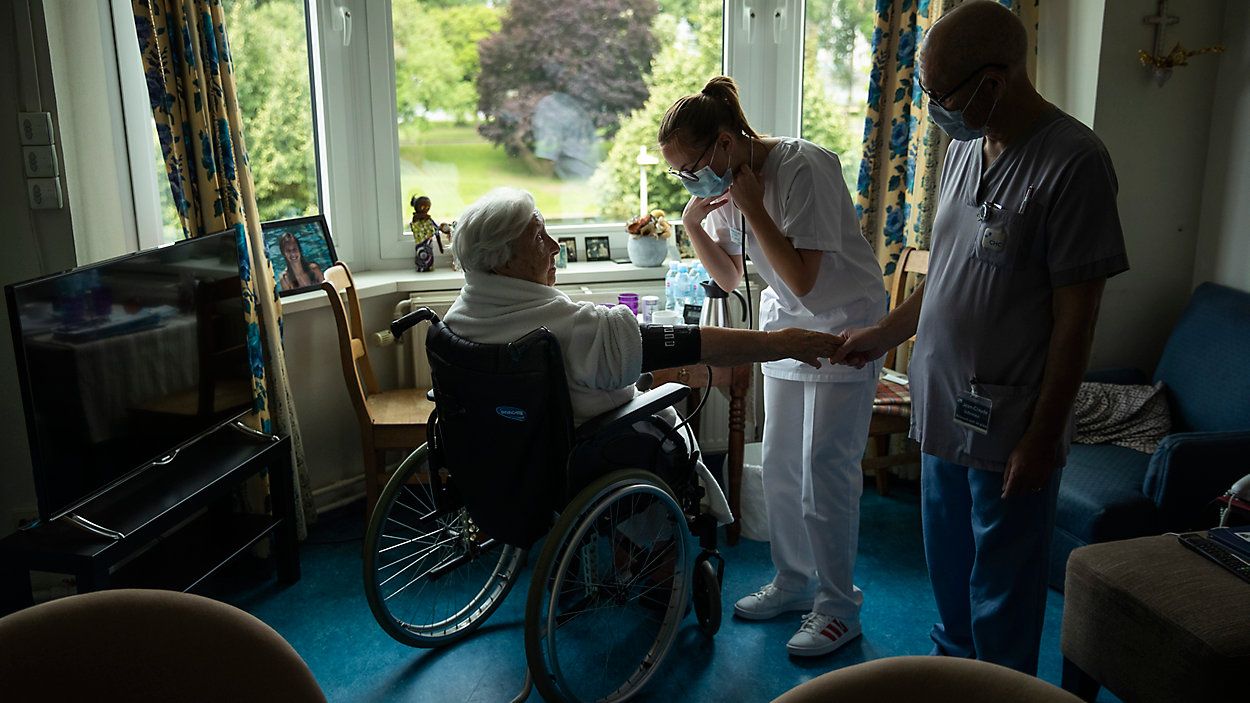New research shows that a child's eye development can be impacted by their behavior and their genetics. But with more gaming and increasing screen time, eye doctors have a growing concern seeing a sharp rise in myopia, also known as nearsightedness or short-sightedness, especially in children, from not spending as much time outside.
Research from Ohio State University's College of Optometry highlights a key finding - children who engage in outdoor activities for more than 14 hours a week have a significantly lower risk of becoming myopic.
According to Dr. Bridget Frio, an optometrist, this trend is global and spending more time outside could delay or even prevent the onset of myopia.
“Sunlight helps regulate eye growth and development, especially in young children," said Frio. "Myopia or nearsightedness has become more prevalent and we think the research has shown that since the pandemic, and a lot of that is correlated to screen time use and screen time use being chosen over outdoor activities.”
The issue has become so pressing that some experts are calling for myopia to be recognized as a disease, which could improve how we treat and manage it. However, more research is needed, particularly on the impact of screen time, especially for young children whose eyes are still developing.
Frio recommends limiting screen time and following the 20-20-20 rule, which is a guideline designed to reduce eye strain, especially for people who spend long periods staring at screens. She suggests that every 20 minutes, take a 20-second break, look at something 20 feet away and focus on that object for at least 20 seconds. This helps relax the eye muscles, reduce fatigue, and prevent discomfort caused by prolonged screen time.







